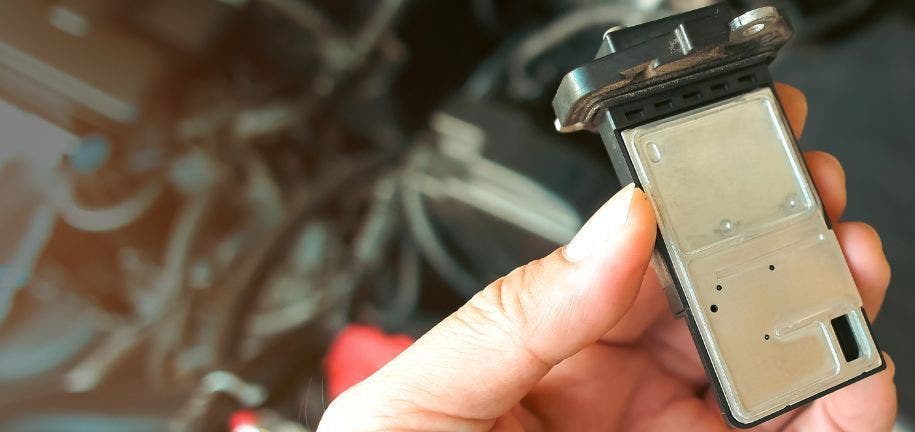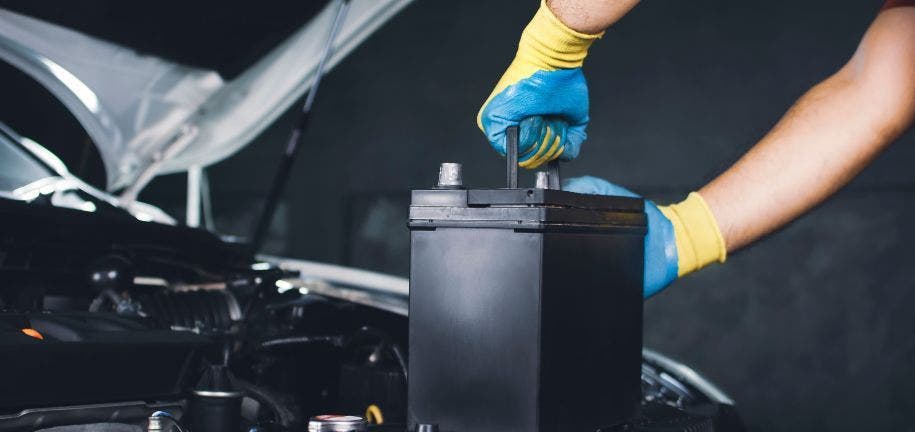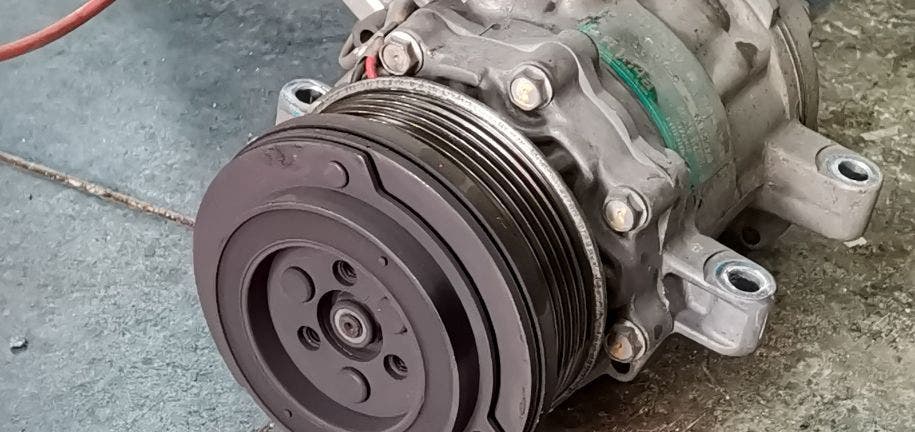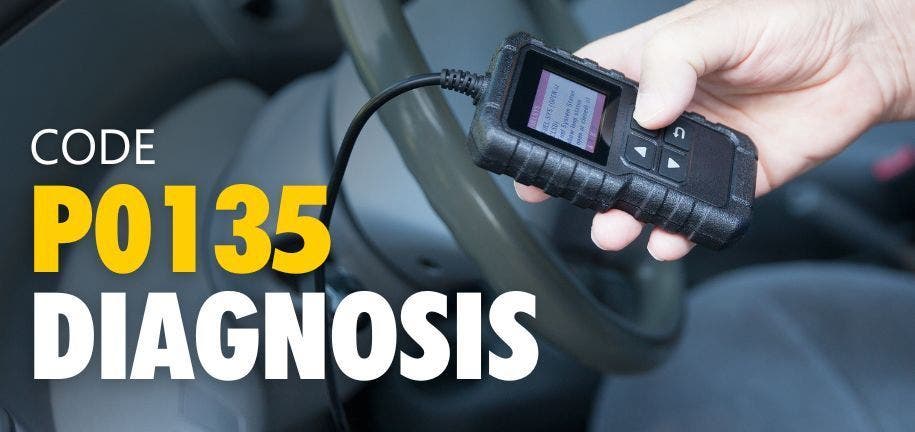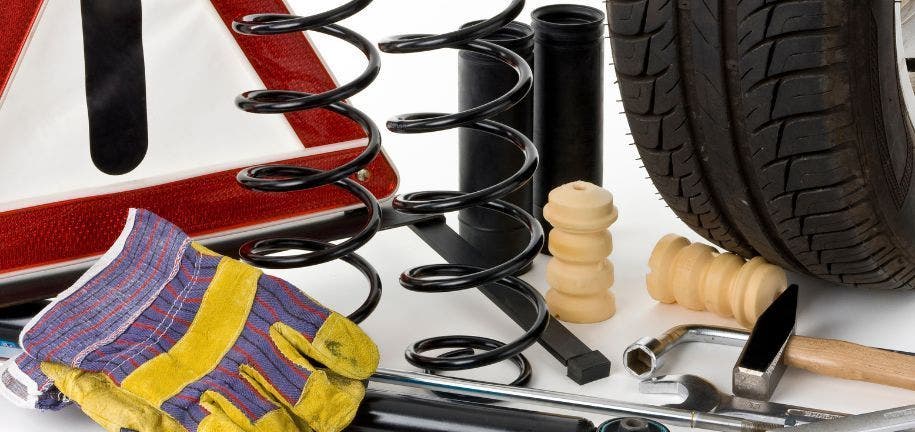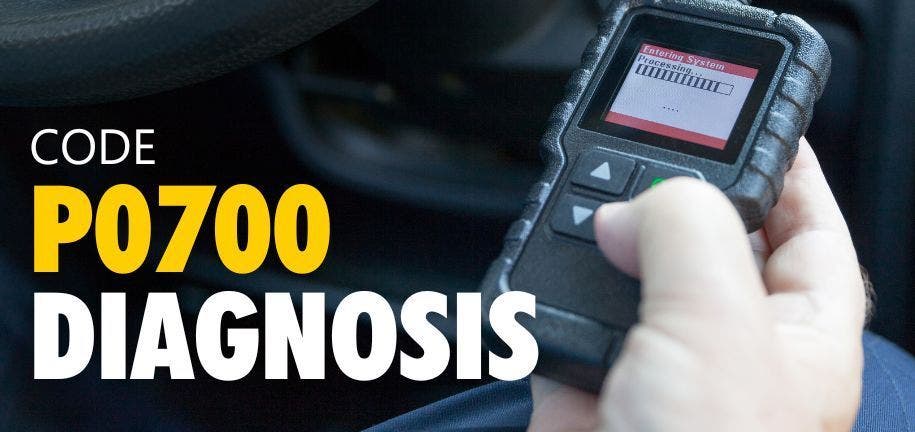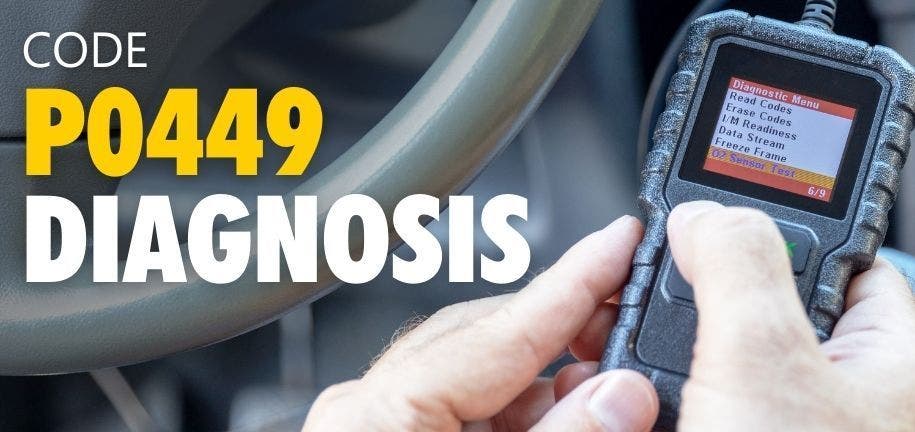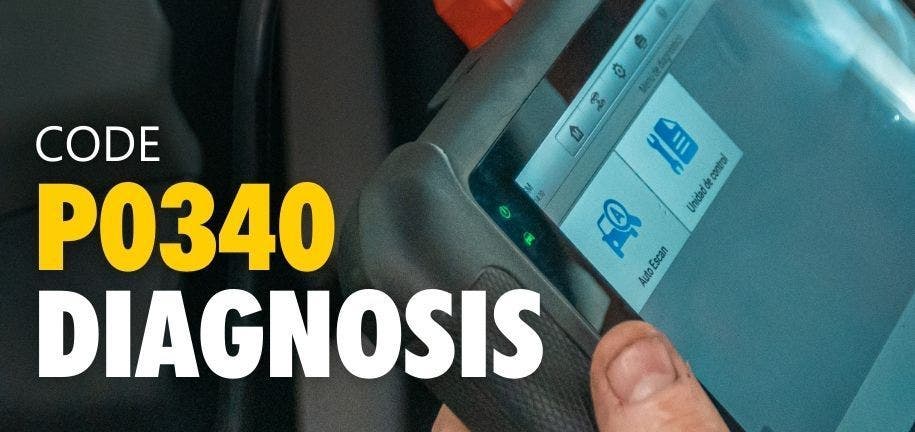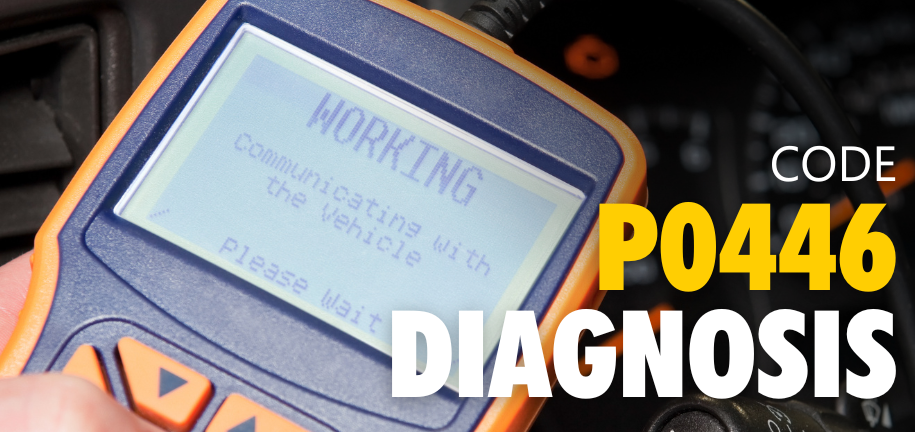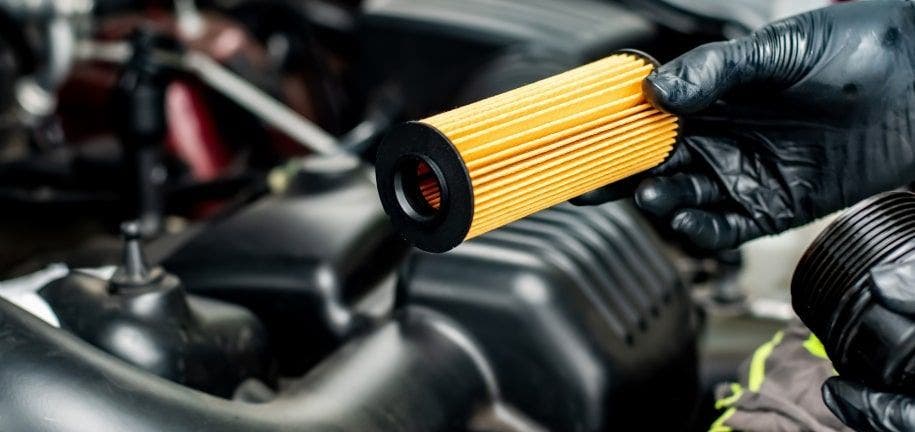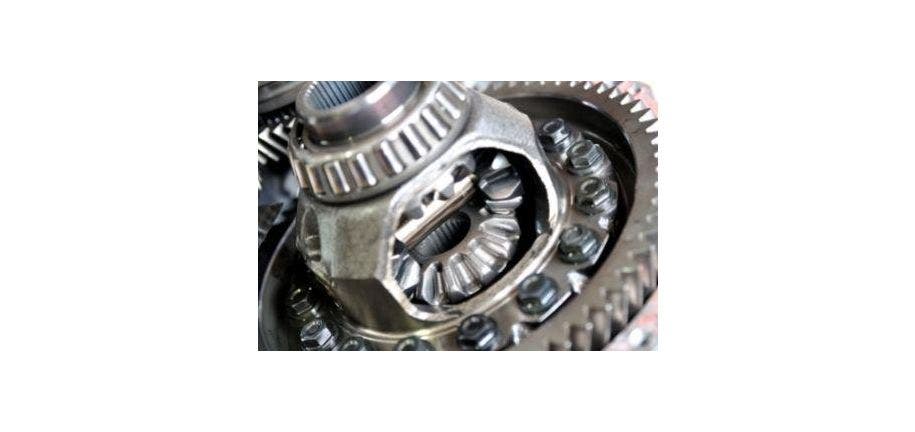As mechanics, we see a lot of cars come into the shop with a dreaded discovery: an oil leak. Oil leaks can be a major source of stress for car owners, not only because they're messy, but also because they can lead to engine damage if left unaddressed. The good news is that many oil leaks are relatively simple to fix yourself, potentially saving you hundreds of dollars compared to repair shop costs. Here at PartsHawk.com, we want to empower you to tackle this common car problem.
In this blog post, we'll walk you through the common causes of engine oil leaks, teach you how to inspect your vehicle to identify the culprit, and guide you through the DIY repair process. We'll also provide tips on finding the correct replacement parts for your car on PartsHawk.com, so you can get your car back on the road leak-free!
Understanding Engine Oil Leaks
Engine oil is vital for keeping your engine running smoothly and preventing wear and tear. However, engine parts are under a lot of pressure and constant movement, and seals and gaskets can wear out over time, leading to oil leaks. Here are some of the most common causes:
- Valve cover gasket: This gasket sits between the valve cover and the cylinder head, and a leak here can cause oil to seep down the front of the engine block.
- Oil pan gasket: The oil pan sits at the bottom of the engine and holds the oil supply. A failing oil pan gasket can cause oil to leak from the bottom of the engine.
- Crankshaft seal: This seal sits where the crankshaft exits the engine block, and a leak here can cause oil to leak from the front or rear of the engine.
- Oil drain plug: Sometimes, a simple culprit can be a loose or improperly tightened oil drain plug after an oil change.
Inspecting Your Vehicle
The first step to fixing an oil leak is identifying the source. Here's how to inspect your vehicle for the leak's origin:
- Park on a clean, level surface: This allows you to easily see where the oil is dripping from underneath the car.
- Pop the hood: Look for any oil around the valve cover or engine block. Fresh oil will typically have a wet, shiny appearance.
- Underneath the car: Using a flashlight, carefully examine the underside of the engine and transmission for oil leaks. Pay close attention to the oil pan, drain plug, and around the crankshaft.
- Check your oil level: Oil leaks can cause your engine oil level to drop. Consult your owner's manual for proper oil level checking procedures.
DIY Oil Leak Repair
Once you've identified the source of the leak, you can determine if it's a DIY fix. Here's a general approach, but remember, the specific repair process will vary depending on the leak location and your car model. Always refer to your owner's manual for detailed repair instructions.
Important Safety Note: Before starting any repairs, ensure your car is parked on a level surface and the engine is cool to the touch. Wear gloves and safety glasses when working on your vehicle.
Here's a simplified breakdown:
- Valve cover gasket: Replacing the valve cover gasket typically involves removing the valve cover bolts, scraping off the old gasket material, and installing a new gasket with a proper torque on the bolts. PartsHawk.com offers a wide variety of valve cover gaskets for various vehicles. Search by your car's year, make, and model to find the perfect fit!
- Oil pan gasket: Replacing the oil pan gasket requires draining the oil, removing the oil pan bolts, and carefully separating the pan from the engine block. A new gasket is then installed, and the pan is bolted back on with a specified torque. PartsHawk.com carries oil pan gaskets for most cars. Be sure to get the right gasket material (e.g., cork, rubber) specified for your vehicle.
- Crankshaft seal: Replacing a crankshaft seal is a more complex job and may require special tools. If you're not comfortable with this repair, it's best to consult a mechanic.
- Oil drain plug: Fixing a loose drain plug is the simplest solution. Tighten the plug with a wrench to the proper torque specification as indicated in your owner's manual. If the leak persists after tightening, you may need a new drain plug washer.
When to Call in the Professionals
While some oil leaks are manageable DIY projects, others are more complex and require a mechanic's expertise. Here are some signs it's time to call a professional:
- The leak source is difficult to identify.
- The repair requires specialized tools or knowledge.
- The leak is significant, and you lose a large amount of oil quickly.
- You're uncomfortable performing the repair yourself.
The Importance of Addressing Oil Leaks
Oil leaks aren't just a mess; they can lead to serious engine damage if left unaddressed. A constant leak can cause your engine oil level to drop below safe limits, leading to increased friction and wear on engine components. In severe cases, low oil pressure can cause engine failure.
By identifying and fixing oil leaks promptly, you can save money on repairs down the road, prevent engine damage, and keep your car running smoothly for miles to come.
PartsHawk.com Can Help!
PartsHawk.com is your one-stop shop for all your car's replacement parts needs. Our easy-to-use website allows you to search by your car's year, make, and model to find the perfect fitting valve cover gasket, oil pan gasket, or oil drain plug for your DIY oil leak repair. We also offer a wide variety of other repair parts and maintenance supplies to keep your car running in top condition.
Visit PartsHawk.com today and get the parts you need to fix your oil leak and keep your car running smoothly!
Frenquently Asked Questions





